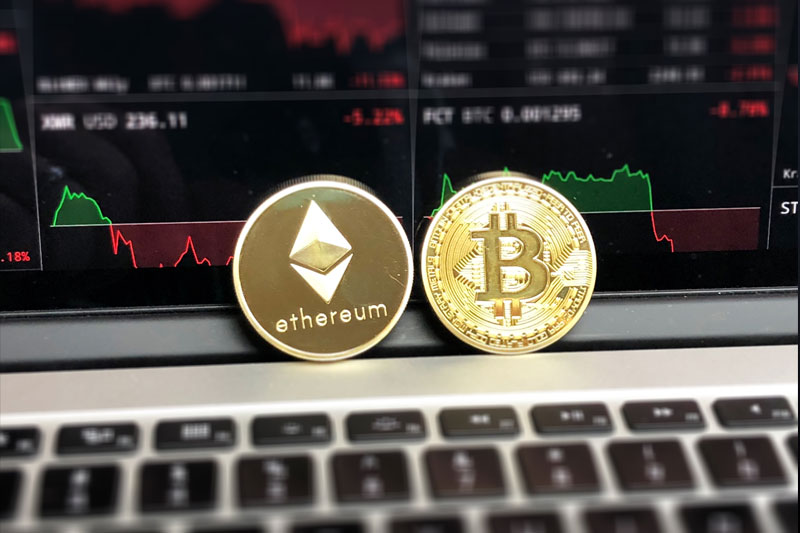- Concordium is now the first foreign blockchain to join the Japan Blockchain Association.
- The news comes in the wake of Concordium’s recent mainnet launch.
- The blockchain hopes the partnership will help bridge blockchain and the real world.
Concordium AG is officially the first overseas blockchain to become a full member of the Japan Blockchain Association (JBA). The exciting news comes barely a week after the blockchain launched its mainnet.
Concordium will be joining over 120 other local and international members already part of the association. Group members include top global brands like Microsoft (NASDAQ:MSFT) and Deloitte. In addition, some popular crypto-native enterprises like Kraken and bitFlyer are also port of the association. However, Concordium is the first non-Japanese blockchain to join the illustrious group.
Commenting on the announcement Concordium CEO Lone Fønss Schrøder noted,
“The Japanese vision for blockchain and cryptocurrency regulation fits very well Concordium’s regulatable, transparent, and sustainable blockchain. We are proud to join the Japan Blockchain Association and look forward to working with the group on activities that support the growth of Japan’s blockchain and cryptocurrency ecosystem.”
Notably, JBA launched in 2014 as Japan’s first general incorporated association focused on blockchain education and promotion. In fact, JBA aims to promote blockchain-based businesses and use in Japan. The group also helps to eliminate innovation barriers by compiling governmental proposals based on the group’s research and analysis.
Also, the group works through subcommittees and study groups to facilitate cooperation between the public and private sectors. As such, Concordium believes partnering with the association will help the blockchain further some of its goals.
Specifically, Concordium hopes to help build a strong connection between blockchain and the real world. The blockchain also hopes the partnership will help drive crypto adoption and blockchain use.
Notably, Concordium is a blockchain with a smart contract layer focused on low cost and stable transactions with ID verification. Also, the blockchain utilizes sharding, meaning the platform has limitless potential. The blockchain’s mainnet also includes an integrated identity protocol. Of note, the protocol combines on-chain zero-knowledge-proofs that assure privacy with off-chain real-world identity verifiers. This feature represents a possible solution for traditional blockchains. This is because the built-in user identification and zero-knowledge-proofs can replace anonymity with private data. Thus supporting encrypted payments, while enabling users to identify counterparties.
This article was first published on coinquora.com
